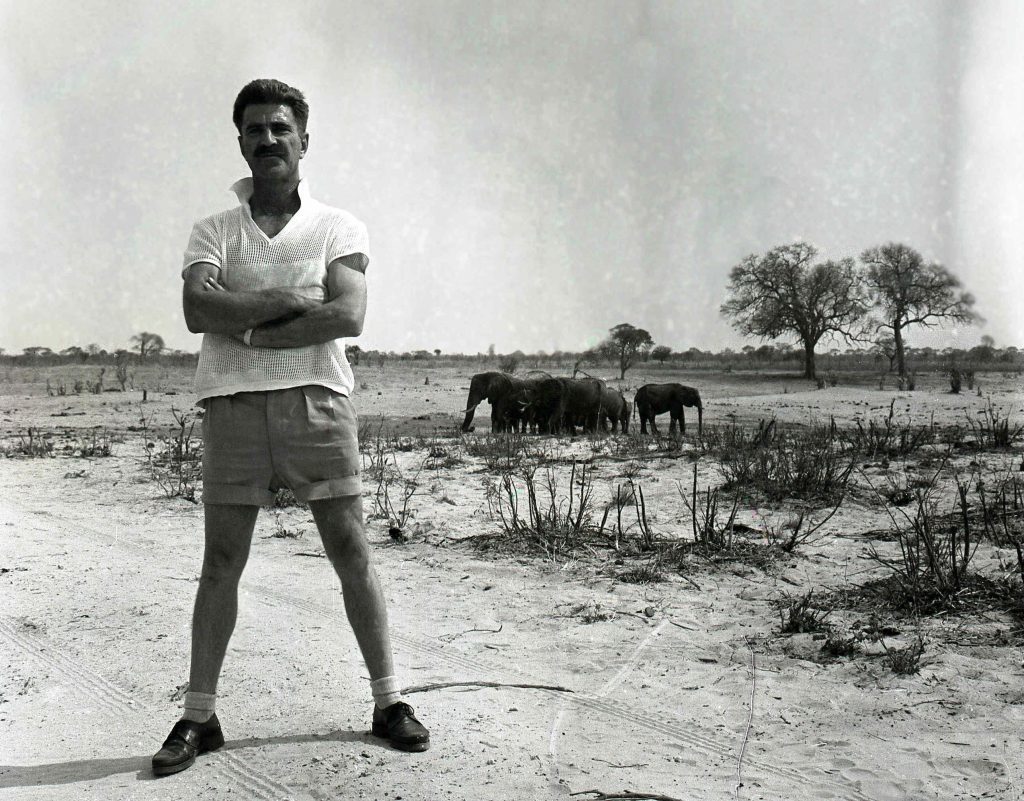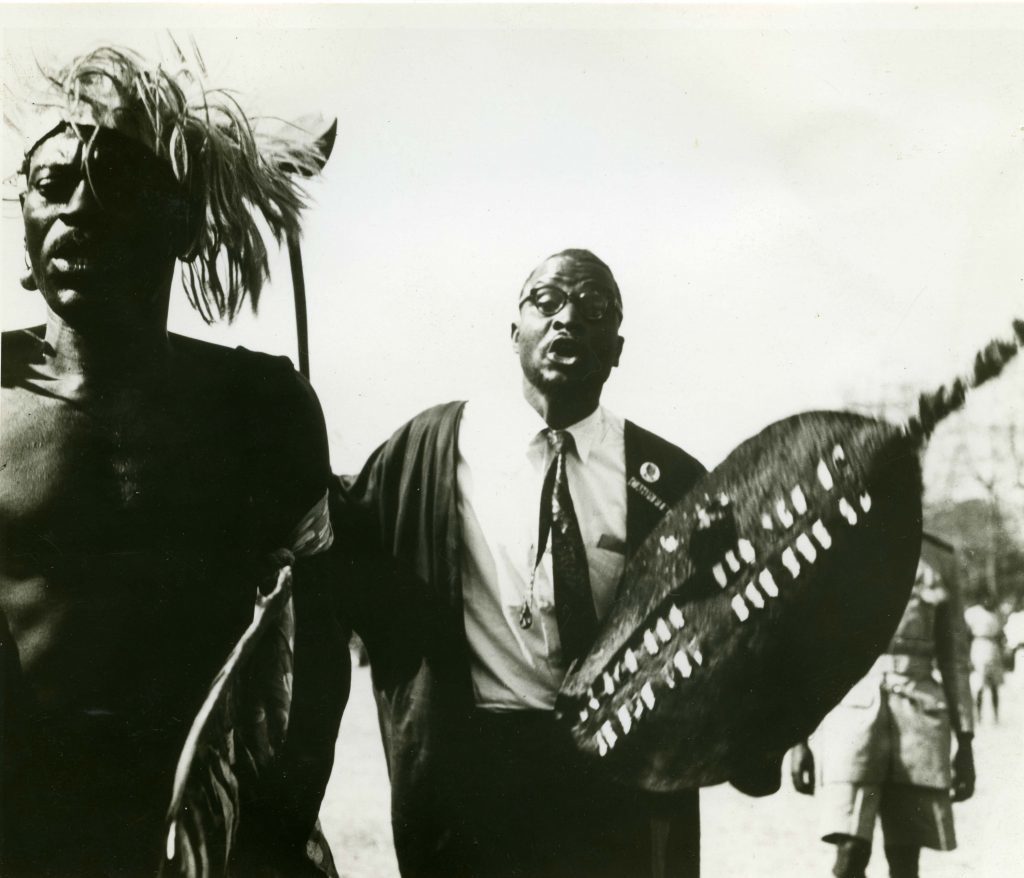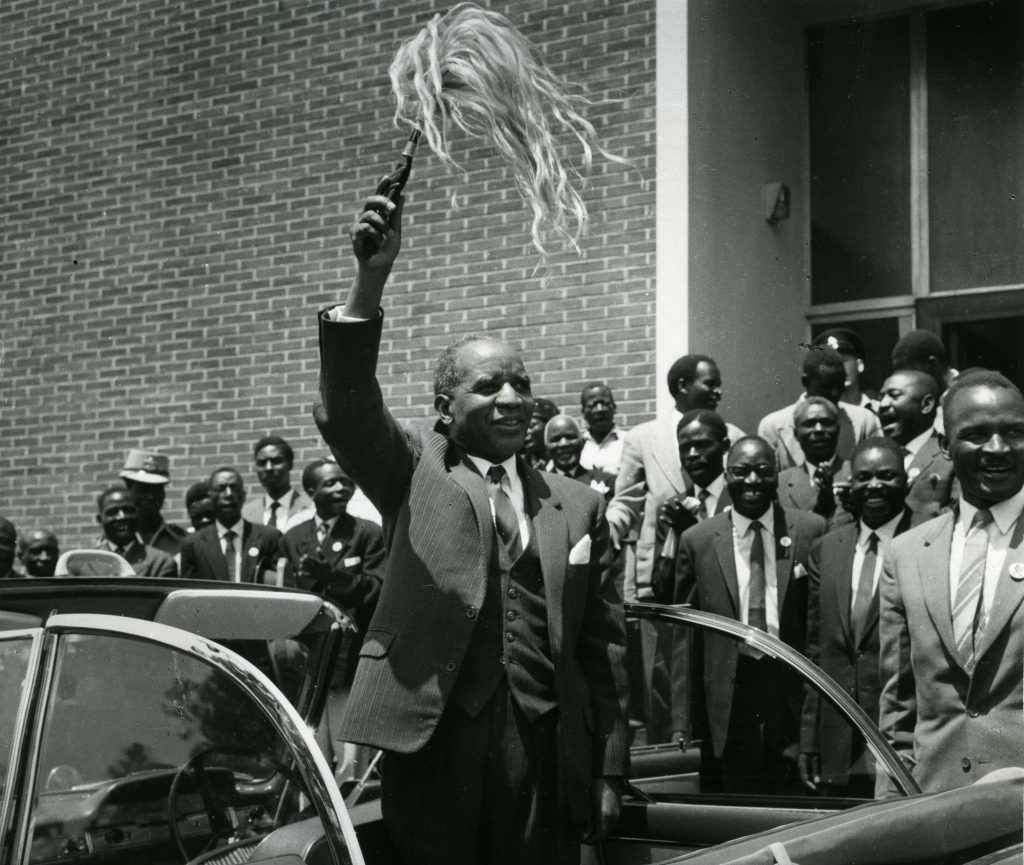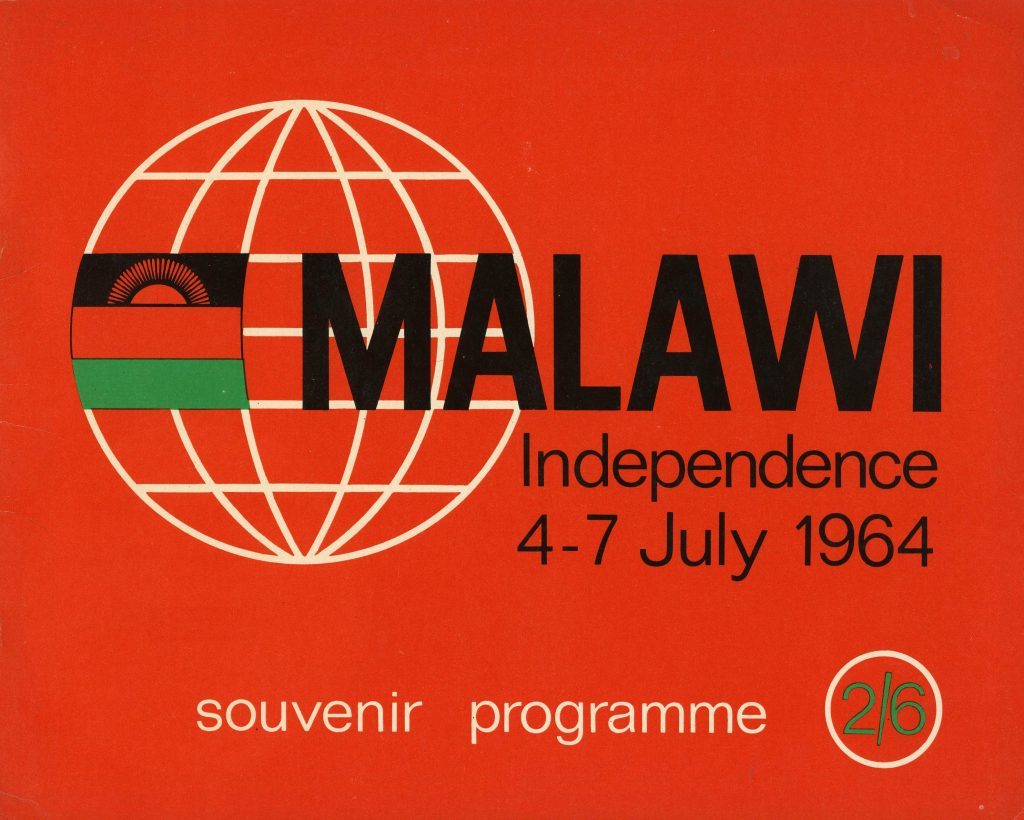Campaigner, political activist, journalist, soldier, smuggler, photographer, prisoner and charity worker; Peter Mackay was all those things and more.
To black nationalists in 1950s Africa he was a hero, albeit a reluctant one, while to many whites he was a traitor who had placed himself at odds with his race.
The former soldier — a Londoner by birth but with family roots in Perthshire — didn’t see “colour” as a cause, however. Rather it was democracy he sought.
And though he had arrived in Zimbabwe as a farmer in 1948, he became an important supporter of independence and home rule for countries across southern Africa.
Much of his story remains untold, but following his death in 2013, more than 30 crates of documents and artefacts were donated to Stirling University.
Experts believe the collection is of “international importance” and invaluable to maintaining a record of the struggle for freedom in a number of southern African countries, including Zimbabwe and Malawi.
They want to make it accessible around the world and to that end the university is seeking to use crowdfunding for the very first time to make the information digitally accessible.
Head archivist Karl Magee said: “The Peter Mackay Archive provides a comprehensive record of a remarkable life and the part one Scot played in the independence movement across Southern Africa from the 1950s.
“Mackay played a crucial role in the liberation of Zimbabwe but his stories have not yet been fully told.
“We want to make Mackay’s personal and political papers and photography accessible to scholars and students in Africa and open up one of the most important collections of its kind to the rest of the world.”
Mackay had close links to Stirling and Perthshire, with his family living locally in Doune, and it was his wish that Stirling University became custodians of the unique archive.
University fundraising manager Stuart Rennie said: “The funds we raise will allow us to catalogue all of the materials received and make them available in our archive reading room on campus and online.
“We will use crowdfunding for the first time to give anyone who wants to play a small part in preserving this important collection the ability to pledge to the campaign and help make its restoration possible.”
A number of different crowdfunding levels are available, with all supporters receiving updates and behind the scenes information from the university archivist.
Visit www.crowdfunder.co.uk/petermackay for more information.













